RAFU Kalutara Monthly Meeting
January 6, 2026
Welcome to the afc.gov.lk !





Anti Filariasis Campaign is the national programme of the Ministry of Health responsible for the control and prevention of Lymphatic Filariasis in Sri Lanka. The campaign extends the services to both asymptomatic and symptomatic patients with filariasis, people with lymphoedema, and other manifestations of lymphatic filariasis to treat and improve their quality of life.
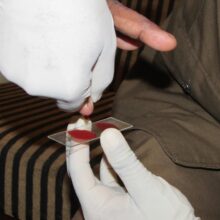
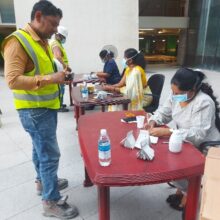
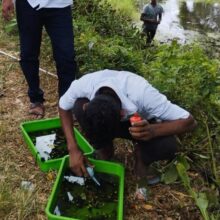
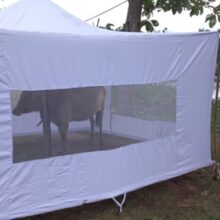
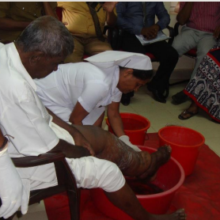
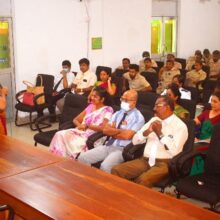





Dr. S. T. A. P. Serasinghe
Welcome to the website of the Anti-Filariasis Campaign, which is the public health organization responsible for lymphatic filariasis control in Sri Lanka.
Sri Lanka was validated as a country that
eliminated lymphatic filariasis as a public health problem
in 2016 by the World Health Organization. Currently, the programme is in the phase of post-validation surveillance, with the goal of total transmission interruption of the disease by 2030.
Director, Anti Filariasis Campaign
| MonMonday | TueTuesday | WedWednesday | ThuThursday | FriFriday | SatSaturday | SunSunday |
|---|---|---|---|---|---|---|
29December 29, 2025
|
30December 30, 2025
|
31December 31, 2025
|
1January 1, 2026
|
2January 2, 2026
|
3January 3, 2026
|
4January 4, 2026
|
5January 5, 2026
|
6January 6, 2026●(1 event) |
7January 7, 2026
|
8January 8, 2026●●(2 events) |
9January 9, 2026
|
10January 10, 2026
|
11January 11, 2026
|
12January 12, 2026
|
13January 13, 2026
|
14January 14, 2026●(1 event) |
15January 15, 2026
|
16January 16, 2026
|
17January 17, 2026
|
18January 18, 2026
|
19January 19, 2026
|
20January 20, 2026
|
21January 21, 2026●(1 event) |
22January 22, 2026●(1 event) |
23January 23, 2026
|
24January 24, 2026
|
25January 25, 2026
|
26January 26, 2026
|
27January 27, 2026●●(2 events) |
28January 28, 2026●(1 event) |
29January 29, 2026●(1 event) |
30January 30, 2026
|
31January 31, 2026
|
1February 1, 2026
|